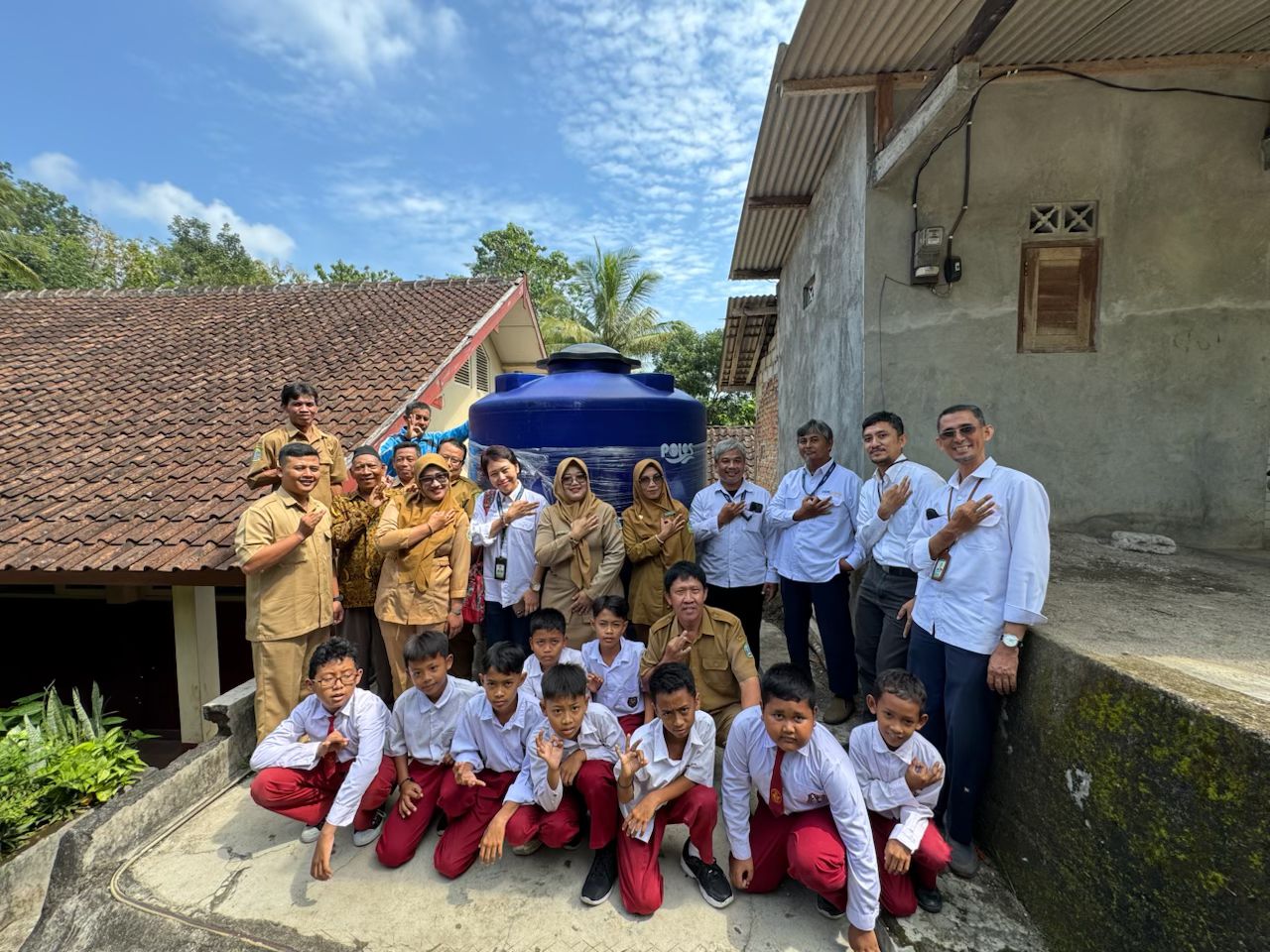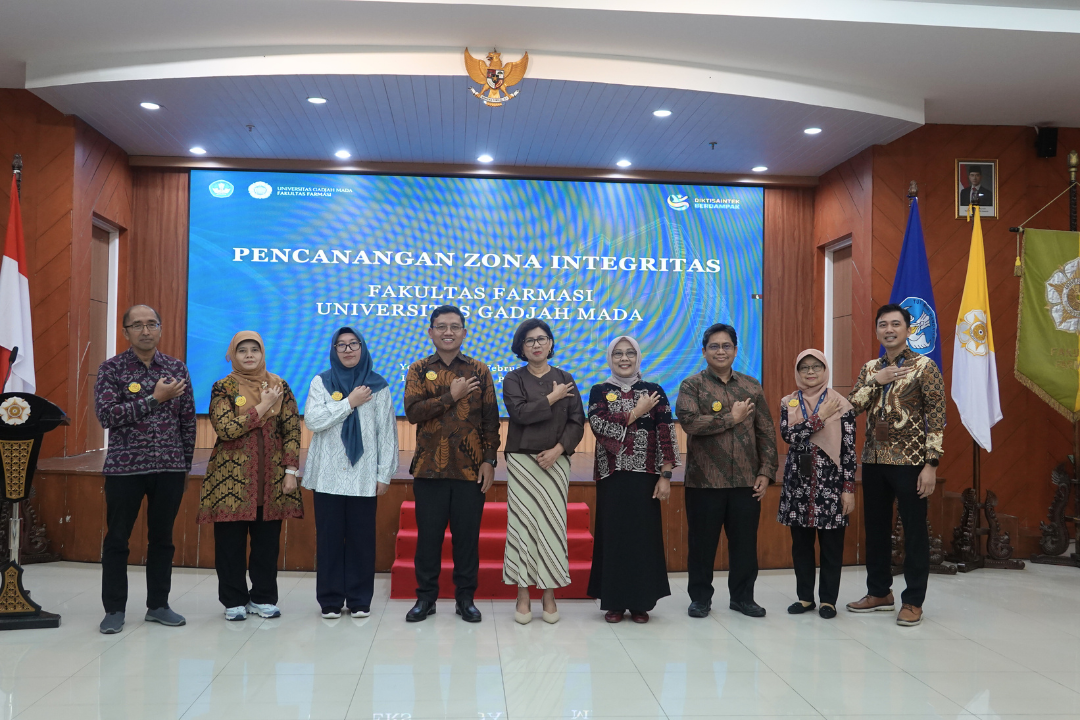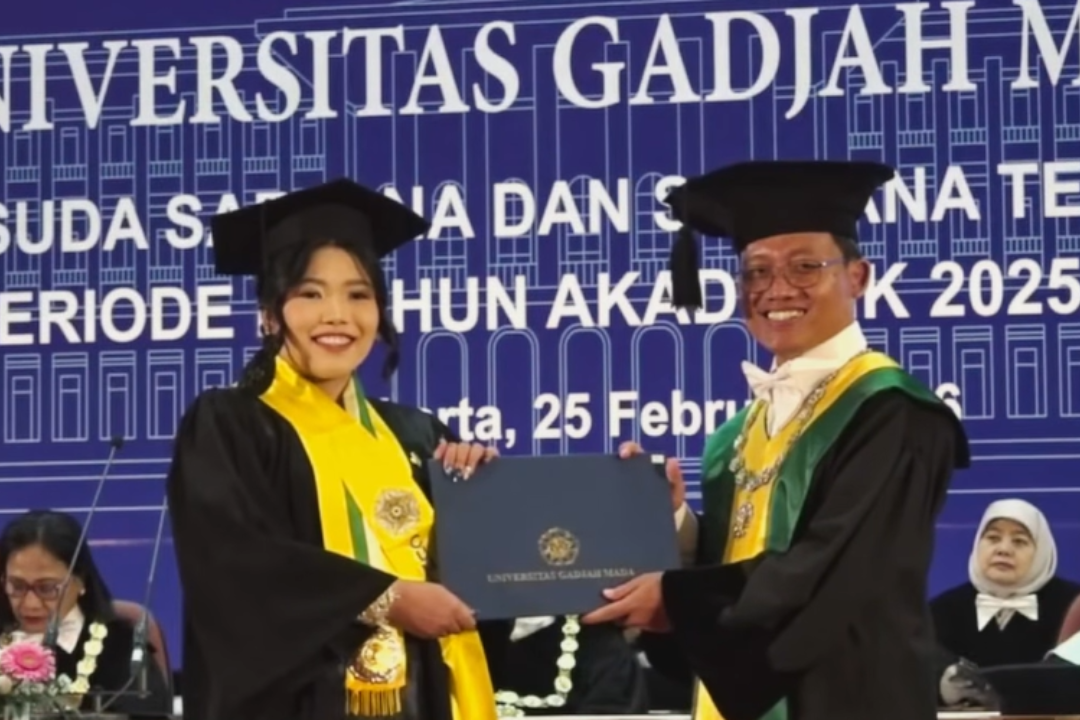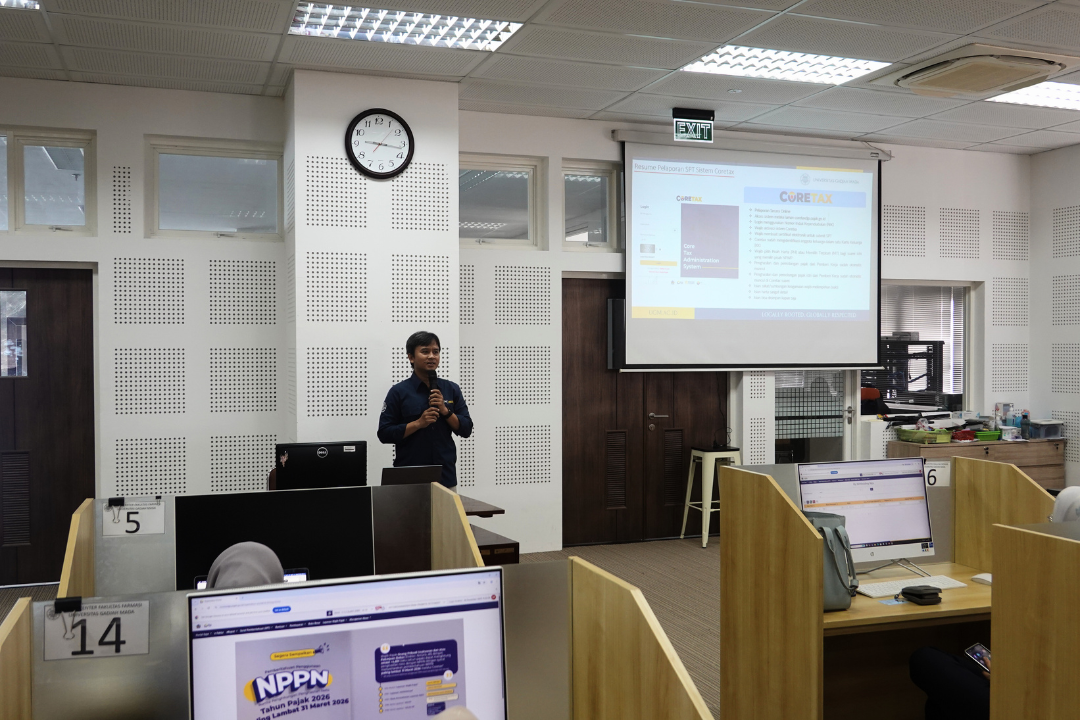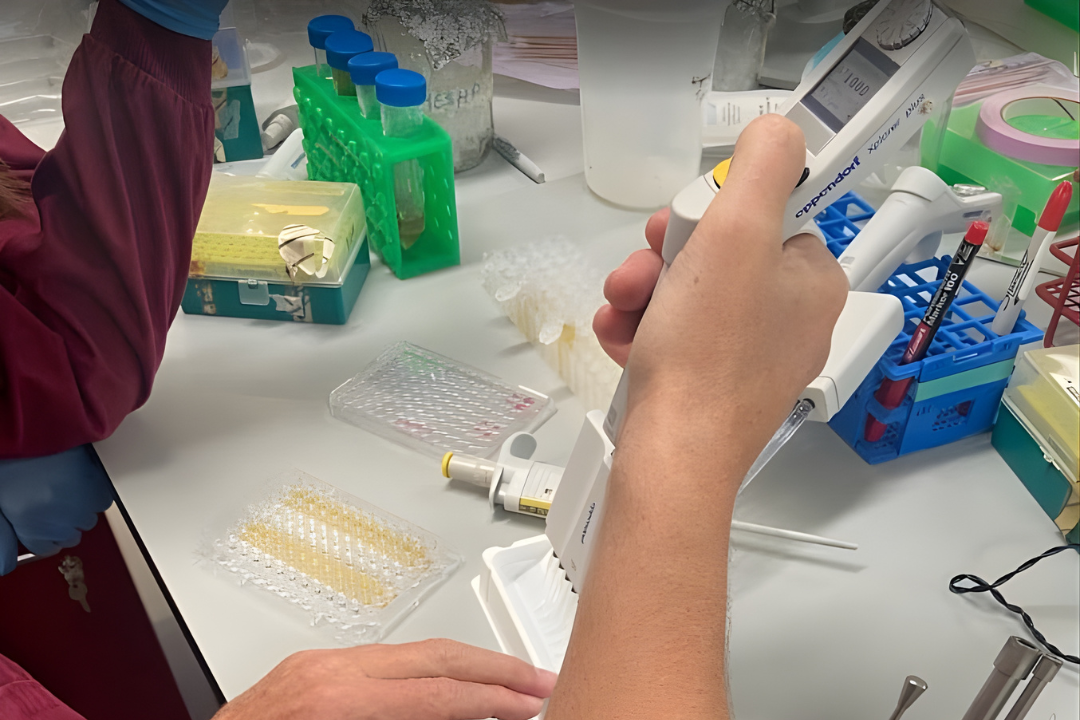Gunungkidul, Jun 2, 2025 – As a continuation of the efforts to address the difficulty of access to clean water in Gunungkidul, Faculty of Pharmacy, Universitas Gadjah Mada (UGM) has once again carried out clean water distribution activities in Desa Girisuko, Kecamatan Panggang, Gunungkidul. Total 5.000 liters of clean water from a donation tank has been distributed to local residents, with distribution adjusted according to the specific needs of each hamlet.
This initiative, coordinated through close collaboration with local volunteers, is part of a community service program that has been running consistently over the past three years (2023, 2024, and 2025). This initiation starts from academic community’s concern regarding the conditions faced by several communities in Gunung Kidul, who continue to face clean water scarcity, especially during the dry season.
The clean water distribution is not only aimed at meeting the urgent needs of residents for daily consumption and sanitation but also directly supports the achievement of several Sustainable Development Goals (SDGs) set by the United Nations.
Dr. Sylvia Utami Tunjung Pratiwi, M.Si. representing the Faculty of Pharmacy who participated in the service activities, stated, “Today we are once again able to distribute clean water to our family in Desa Girisuko, especially at Girisuko Public Elementary School. This reflects the shared commitment and care of donors and volunteers. We believe that access to clean water is a fundamental right for every individual and a crucial foundation for a better quality of life.”
The activity was attended by Dr. Sylvia Utami Tunjung Pratiwi, M.Si., apt. Muhammad Novrizal Abdi Sahid, M.Eng., Ph.D., Muh Aly Mubarok, Sigit Sulistya Harjono, Moh. Husni, and Rizky Al Ridha as representatives of the Faculty of Pharmacy. This initiative significantly contributes to SDG 6: Clean Water and Sanitation, which aims to ensure the availability and sustainable management of water and sanitation for all. By fulfilling the needs for clean water, the Faculty of Pharmacy also supports SDG 3: Good Health and Well-Being, as clean water is key to disease prevention and improving public health. In addition, access to clean water helps ease the burden on communities, aligning with SDG 1: No Poverty and SDG 11: Sustainable Cities and Communities.
This activity also makes an important contribution to SDG 10: Reduced Inequalities, SDG 13: Climate Action, and SDG 15: Life on Land. By providing access to clean water in remote areas, the program helps reduce interregional disparities in access to basic services. Furthermore, this effort reflects an adaptive response to the impacts of climate change, such as prolonged droughts, which are increasingly frequent in karst regions like Gunungkidul. The sustainable management of water distribution also plays a role in maintaining environmental balance and preventing land ecosystem degradation, in line with the goals of natural resource conservation and the protection of local biodiversity.
Water distribution is carried out carefully to ensure that each hamlet in need receives a fair allocation. Volunteers play a crucial role in the process, from assessing needs to implementing field distribution, demonstrating strong community cooperation and social solidarity.
The success and sustainability of this program rely heavily on support from various stakeholders, including the volunteers who tirelessly dedicate their time and energy. It is hoped that this collective effort will continue and inspire more parties to participate in addressing clean water access challenges in underserved areas, while also actively contributing to the realization of the global SDGs agenda.

